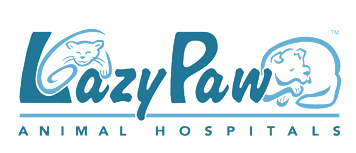Canine parvovirus, which is most often referred to as Parvo, is one of the most common and life threatening conditions found in puppies and dogs. It is transmitted from dog to dog through contact with fecal material of infected dogs. However, the actual virus can live up to several months on furniture and other surfaces such as kennels and bedding. There is also evidence that the virus can be carried by mice or rats, which poses a risk if the feed becomes contaminated by these pests.
The most seriously affected and at risk dogs are those under the age of 12 weeks. Puppies up to six months are still at very high risk and are the most common age seen at vet clinics with a diagnosis of Parvo. Adult dogs and juvenile dogs with any immune problems or health conditions are at risk of developing Parvo as well. Different strains or types of the Parvo virus may also pose a risk even for vaccinated dogs.
The older dogs rarely show any symptoms of the condition although diarrhea with or without blood may be noted. Puppies and juvenile dogs are most likely to have severe bouts of vomiting and diarrhea, usually with blood present. There is usually signs of fatigue, fever and dehydration once the disease has progressed. This is because the most common type of Parvo is an intestinal variety that is medically known as parvovirus enteritis.
The symptoms may occur from one to two weeks after the puppy or dog has been infected. The symptoms may be very fast in developing and puppies can die within a day or two after the onset of severe symptoms. Getting the puppy tested immediately for the presence of Parvo will be essential in providing the best opportunity for recovery. Recovery typically includes care at the clinic as we will need to provide intravenous medications, nutrition, electrolytes and rehydration immediately. Other options, including treating any other parasites also needs to be considered if there are multiple health issues.
During this time it is essential that a complete cleaning and sanitizing of the puppy’s area occur. We will provide specific information on the type of cleaning you can do at home to kill the virus and prevent infection of other dogs in the home. It is important to keep in mind that even with the best of care many of the young puppies with Parvo will not survive but the older puppies and dogs can be effectively treated if the diagnosis occurs early in the development of the disease. Parvo can be treated with early and routine vaccinations which is the best form of prevention for this devastating disease.
